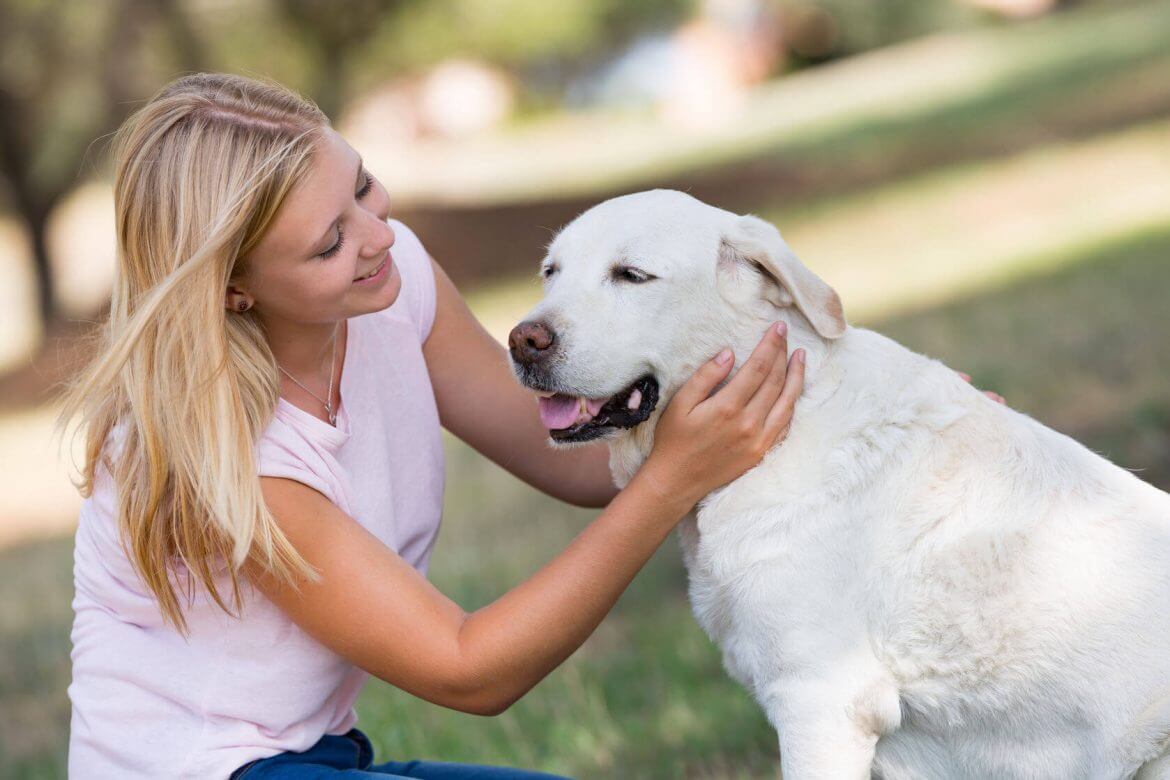
Older Pet Care
For most aging pets, the cost of veterinary care can rise substantially. “As pets age, their need for specialized vet care can also increase,” notes Nadia Crighton from Pet Insurance Australia. She adds, “Our data indicates that for pets over the age of eight, veterinary care for a variety of different conditions escalates.”
Considering that many pet insurers do not offer Comprehensive Cover for dogs over the age of nine, forward planning helps pet owners manage the rising vet costs associated with elderly pets. Crighton advises, “With pet insurance, we recommend starting during puppy-hood. This way, your pet can be comprehensively insured throughout their lives and into their senior years.”
Common expenses related to older pets include cancer treatments, arthritis diagnosis, medications, and kidney disease. Crighton emphasizes, “Keeping older pets comfortable is very important, as well as taking them to regular vet visits to ensure that they are kept in the very best of health during all stages of old age.”
Top tips to keep your aging pet comfortable:
- Consider low rise, firm but snuggly bedding to support aging joints. Specially designed orthopaedic beds are a wonderful addition to the home of an aging pet.
- Keep track of any unusual symptoms such as excessive drinking, licking joints and pungent breath.
- Groom your pet weekly – this is a wonderful way to check for unusual lumps or bumps.
- Warmth – keep older pets warm and even consider coats and jumpers for short coat dog breeds.
- Reduce the amount of strenuous exercise and replace it with gentle daily walks.
- Avoid high jumps or build ramps to help older pets reach high areas.
- Senior check-ups. These are vital to keep your pet healthy and pain-free.
The Increasing Number of Older Pets
“The number of pets over the age of eight has substantially increased over the past five years,” notes Nadia Crighton from Pet Insurance Australia. She adds, “When we look at the total number of claims for 2010 until 2015 from the total book count from PetSure, who administers more than 80% of companion pet insurance policies in Australia, you can really start to understand the enormity of the costs associated with our golden oldies and their care.”
Surging Claim Amounts: A Growing Concern
PetSure has seen total claim amounts for various conditions in dogs and cats over the age of eight surge over 400% from 2010 to 2015, reaching tens of millions of dollars annually.
The Vital Role of Pet Insurance
Crighton further observes, “For PIA, the increase in total claim amounts for cats and dogs in this age group has been even greater – a more than 700% increase over the same period from 2010 to 2015. This illustrates the importance of pet insurance for aging pets, ensuring their comfort in their senior years. Planning ahead, ensuring adequate coverage during their younger years, can benefit them later in life.” These figures partly stem from the rise in pet insurance in recent years for PetSure and PIA’s position as a top pet insurer in Australia.
Planning for Your Pet’s Senior Years
Planning for your pet’s senior years is an important aspect of responsible pet ownership. As pets age, their needs change, and being prepared can ensure they live their later years in comfort and good health. Here’s some content to guide you in planning for your pet’s senior years:
Understand the Aging Process: Different species and breeds age at different rates. For example, large dogs are often considered seniors by age 6 or 7, whereas smaller breeds might not reach senior status until 10 or 11. Cats are usually considered seniors around age 10. Familiarize yourself with the signs of aging in your specific pet.
Regular Veterinary Care: Senior pets require more frequent veterinary check-ups, usually every six months. These visits can help catch and manage age-related issues early, such as arthritis, dental disease, and organ function decline. Discuss with your vet about any necessary changes in your pet’s care routine.
Diet and Nutrition: As pets age, their dietary needs change. They may require fewer calories, different nutrients, or a more easily digestible diet. Some senior pets benefit from supplements like glucosamine for joint health. Consult with your vet to find the best diet plan.
Maintain a Comfortable Environment: Make sure your pet’s living space accommodates their aging body. This could include orthopedic bedding for dogs with arthritis, litter boxes with lower sides for older cats, or more easily accessible food and water dishes.
Exercise and Mental Stimulation: Keeping your senior pet active and mentally engaged is crucial. Tailor their exercise to their abilities; shorter, more frequent walks might be better for an older dog, and gentle play sessions are good for aging cats. Cognitive health can be maintained through interactive toys and games.
Monitoring Health and Behavior Changes: Pay close attention to changes in your pet’s behavior, appetite, weight, mobility, and bathroom habits. Early detection of problems is key to effective treatment.
End-of-Life Planning: Though it’s difficult to think about, planning for your pet’s end-of-life care is a necessary part of senior pet ownership. Discuss options with your vet and consider your pet’s quality of life when making decisions.
Emotional Support and Love: Just like humans, pets need emotional support as they age. Spend quality time with them, provide lots of affection, and be patient with their slower pace.
Financial Planning: Veterinary care for senior pets can be costly, especially if they develop chronic conditions. Consider setting aside funds or investing in pet insurance to help manage these expenses.
Educate Yourself: Stay informed about common health issues in senior pets and how to care for them. Resources can include veterinary advice, books, and reputable online sources.
Remember, with proper care and attention, your pet’s senior years can be a fulfilling and loving phase of their life and your relationship with them.
Also see:
Toxic Essential Oils for Dogs
How To Soothe A Dog’s Upset Stomach Naturally
Dog Bloated Stomach Home Remedy
Feeding A Golden Retriever for Optimum Health
How Often Should I Walk My Dog?
Factors Contributing to the Rise in Pet Insurance
Advancements in Veterinary Care: A Game Changer
“In both cases, advances in vet health have played a significant role in improving treatments, keeping our pets healthier and happier longer,” concludes Crighton.
This article was brought to you by Pet Insurance Australia, providing the best possible pet cover through our cat insurance and dog insurance plans.
Nadia Crighton is a renowned and accomplished professional in the fields of Journalism, Public Relations, and Writing, with an extensive career spanning over 25 years, 20 of which have been dedicated to promoting the health and well-being of pets.
Get the latest Pet Insider Tips & News
We offer award-winning* pet insurance policies to protect your furry friend’s health and wellbeing. Get a quote today and give your pets the care they deserve.
Archives
Categories
- Cat Care (66)
- Cats (3)
- Dog Care (130)
- Guides (29)
- Health and Nutrition (203)
- Lifestyle and Activities (222)
- Media Release (39)
- Pet Care (256)
- Rescue Dogs (1)


